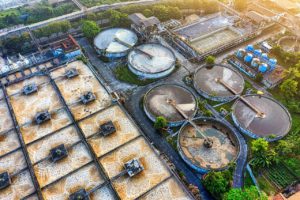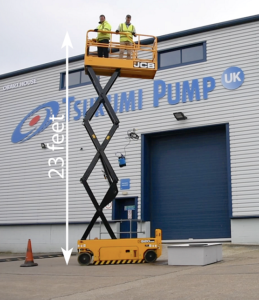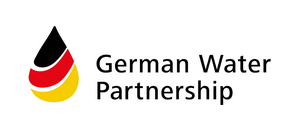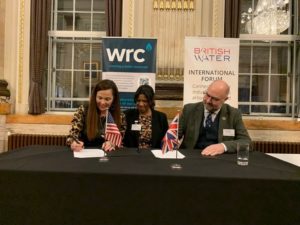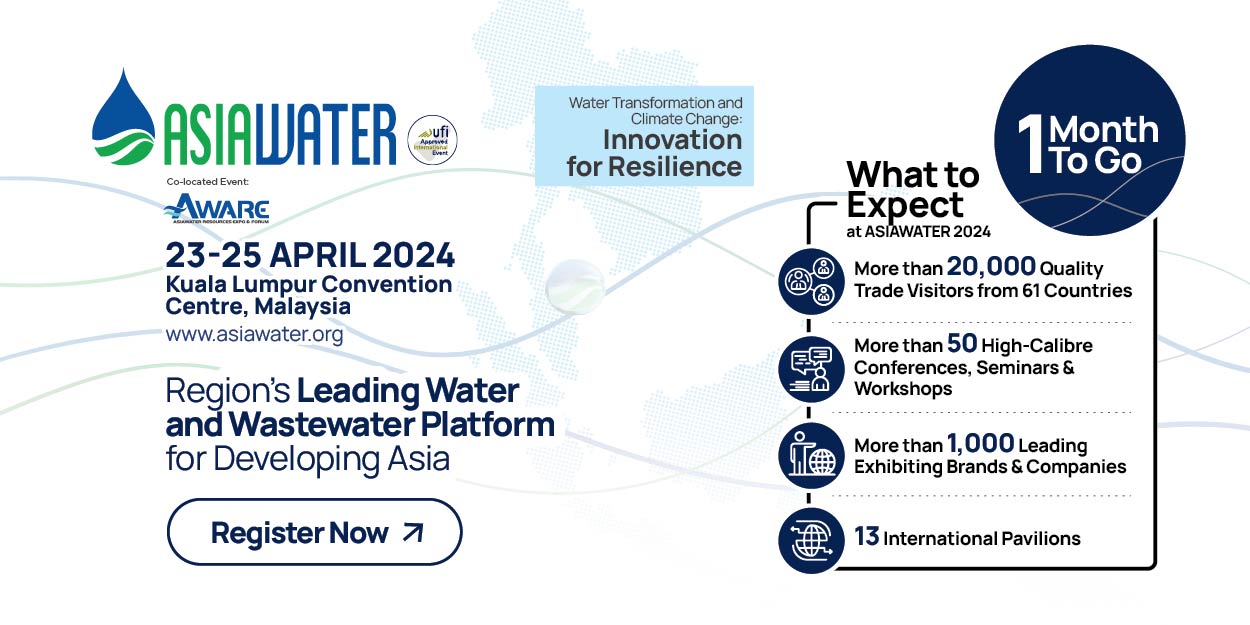Two Major Pump Associations Announce Solution to Dramatic Increases in Worldwide Energy Costs
PARSIPPANY, N.J., January 8, 2001 - In response to the current worldwide energy cost crisis, industries are being driven to seek far-reaching savings alternatives. A solution has been derived in the form of a 200-page reference guide, Pump Life Cycle Costs: A Guide to LCC Analysis for Pumping Systems, the result of a joint effort by the Hydraulic Institute (HI), the largest association of pump producers and leading suppliers in North America, and Europump, spokesperson for 15 national pump manufacturing associations in Europe.
With nearly 20 percent of the world’s electrical energy consumption accounted for by pumping systems, and with pump usage in individual plant installations accounting for as much as 25 to 50 percent of the total energy consumption, we recognized a real need for optimizing pumping systems design and life cycle cost (LCC) savings guidelines – ones that address each interdependent element in a pumping system,” noted Robert Asdal, executive director of HI.
Optimizing Pumping Systems
Pump suppliers, designers and users can optimize pumping systems and recognize significant cost savings by applying methods contained within the new comprehensive guide. Engineering, design, specification and analytical methodologies for optimizing pump systems designs and maximizing pumping system lifetime cost savings are presented. The guide describes the essential pumping system components and shows, step-by-step, the considerations necessary to specify, design and operate the system for minimum life cycle cost.
Within the guide, dozens of easy-to-read graphs, flowcharts and formulas help in making sensible cost-saving design and purchasing decisions. The guide also contains a complete model for estimating total costs for the life of a pumping system including procuring, running, maintaining and disposing of plant and associated equipment. Offering new insights into how these factors inter-relate, the guide’s detailed engineering, specification and design data helps determine steps for reducing existing installation costs. It also aids in the specification of the least costly components for new installations.
In addition, procurement examples and LCC analyses of existing pumping systems are supported by an extensive bibliography and case history references. A section on LCC calculations even includes a simplified LCC calculation chart that is easy to convert to spreadsheet format. A glossary of terms and symbols as well as contact resource information is also provided.
Free Downloadable Summary
"Whether replacing, upgrading or installing a new system, the most convenient opportunity to influence a system’s LCC is when it’s procured", noted Asdal. "We see this guide as a key resource and hope it will serve as the industry’s standard reference for LCC evaluation." A new Energy Section of the HI web site also gives users invaluable cost-saving tools. Asdal notes that users can even download an excellent 16-page executive summary of the LCC Guide from www.pumps.org.
The Hydraulic Institute, established in 1917, is the largest association of pump producers and leading suppliers in North America, serving member companies and pump users by providing product standards and valuable forums for the exchanges of industry information. HI has been developing pump standards for over 80 years.
Europump, established in 1960, serves and promotes the European pump industry. The organization acts as the spokesman for 15 national pump manufacturing associations in Europe and represents more than 400 manufacturers.
To reserve a copy of the Life Cycle Cost Guide, priced at $125.00, or for information on HI membership, organization structure, member and user services, click here. Publication of the LCC guide is expected in April 2001. Orders can also be mailed to HI at 9 Sylvan Way, Parsippany, NJ 07054, USA, or by calling (973) 267-9700.
Source: Hydraulic Institute Inc.

